Works with insurance, and caring people. Integrated trauma care is so important in this world. I know that family members without insurance or resources make finances the number one qualifier for care. It's a lot when you're struggling and scared, working to help someone yo ...
About Breathe Life Healing Centers
Detoxification assists individuals in safely and effectively removing harmful substances from their bodies. This program is provided on-site, and clients are overseen by professionals to ensure safety and efficiency.
The residential program offers 24/7 supervision. This is an outcome-based program that lasts for an average of 90 days. Personalized treatment plans, individual therapy, group therapy, family therapy, and educational classes are included within this program. Special emphasis is placed on the strength of each individual. Clients have access to medical care and mental health practitioners.
The sober living environment is best suited for individuals who are in the process of transitioning from residential treatment to outpatient treatment. Clients must adhere to house rules, attend house meetings, continue to participate in their treatment program, and take active steps toward rebuilding their lives.
Breathe Life Healing Centers accepts most insurance plans, including Multiplan, First Health, Aetna, and Cigna. Out of network benefits may vary from plan to plan, so it’s important to verify coverage with your insurance provider.
Latest Reviews
Please don’t hesitate to contact us at (877) 403-0204 or email us at Admissions@BreatheLHC.org so we can better understand your concerns. Wishing you continued growth and healing on your journey.
—The Breathe Life Healing Centers Team
Rehab Score
Gallery
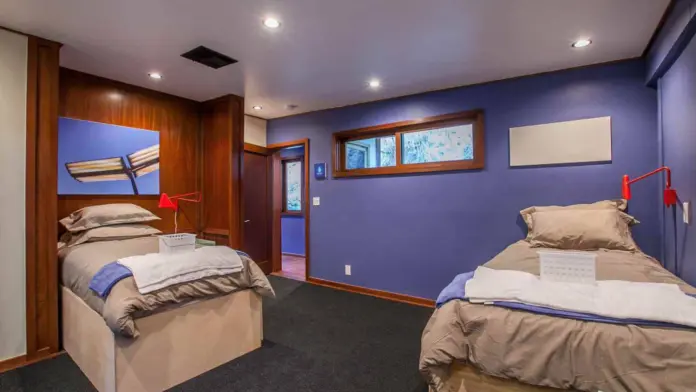
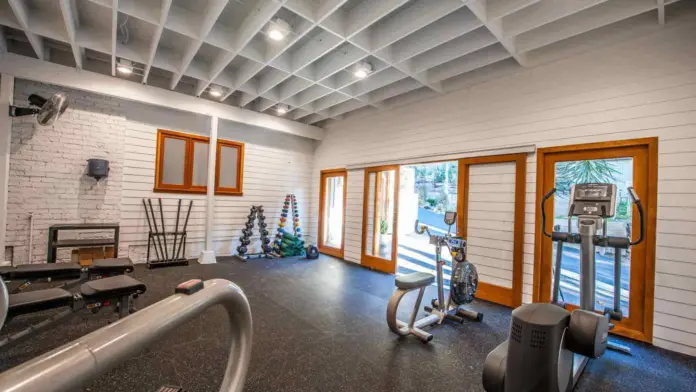

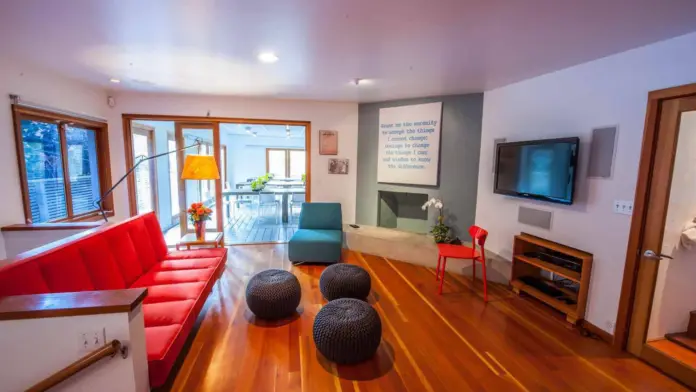
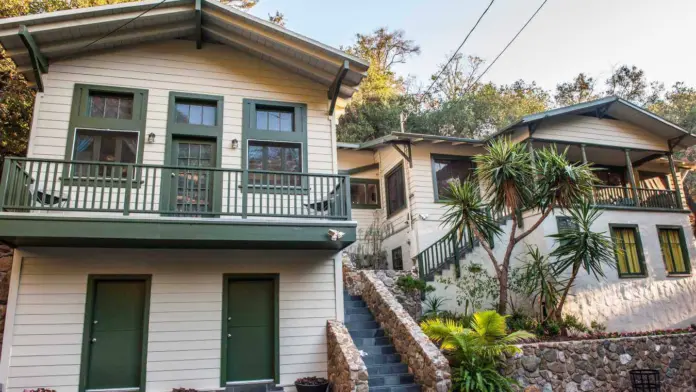
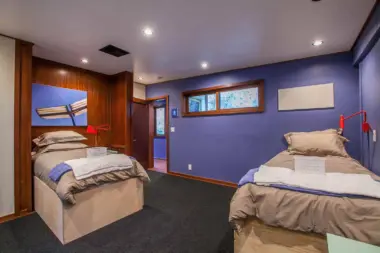
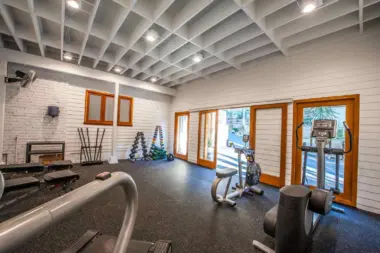

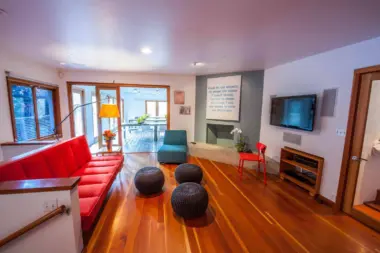
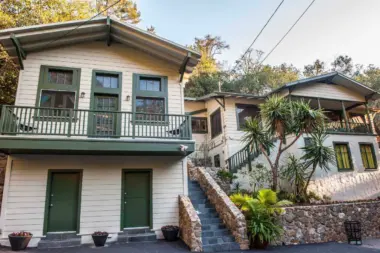
Accepted Insurance
Other Forms of Payment
Private insurance refers to any kind of healthcare coverage that isn't from the state or federal government. This includes individual and family plans offered by an employer or purchased from the Insurance Marketplace. Every plan will have different requirements and out of pocket costs so be sure to get the full details before you start treatment.
Self-pay involves paying for treatment out of your own pocket. You can use savings or credit, get a personal loan, or receive help from family and friends to fund your treatment. If you don't have insurance or your insurance plan doesn't cover a specific program, self-pay can help ensure you still get the care you need.
Addiction Treatments
Levels of Care
Breathe Outpatient services are offered to those who live near our clinics. Clients take part in three groups per week while having the flexibility of living at home or another recovery environment. Breathe Outpatient services are covered by most insurance and we work with all major insurance providers.
Primary Treatment offers comprehensive, outcome-based programming for clients struggling with primary addiction, eating disorders and dual-diagnosis. Offering breathtaking locations, powerful trauma-infused treatment and family programming, Breathe ignites change.
Rehab aftercare programs offer clients in addiction recovery a robust continuum of care after clients have completed active treatment. These services address recovery as a life-long process and are designed to evolve with clients' changing needs. Clients may partner with their case managers and/or addiction recovery team to identify the rehab aftercare services that are right for them. They may receive career counseling, housing assistance, peer coaching, 12 step program induction, among many other services.
12-step programs are addiction recovery models based on Alcoholics Anonymous (AA). A number of substance abuse programs (including some drug and alcohol rehab centers) use the 12 steps as a basis for treatment. Beginning steps involve admitting powerlessness over the addiction and creating a spiritual basis for recovery. Middle steps including making direct amends to those who've been hurt by the addiction, and the final step is to assist others in addiction recovery in the same way. 12-Step offshoots including Narcotics Anonymous (NA), Cocaine Anonymous (CA), Dual Recovery Anonymous (DRA), Sex and Love Addicts Anonymous (SLAA) and Gamblers Anonymous (GA).
Enhanced Sober Living (ESL) bridges the gap between early recovery and the fast-paced life one leads. The facility integrates nine Life Skills Workshops focusing on talents, relationships of all kinds, money, body and more. Clients identify their innate talents, with the help of Strengths Finder 2.0, building on their talents and stepping into more life responsibility.
During the first phase of recovery – detox – it is crucial to have 24-hour clinical care in California. This care provides constant monitoring in order to ensure your safely and comfort as you progress through the withdrawal process for drug or alcohol addiction. Licensed professionals prescribe medications to treat withdrawal symptoms and provide frequent monitoring to ensure your safely as addictive toxins leave your system.
Treatments
Alcohol addiction treatment at Breathe Life Healing Centers + Treatment Services is specially designed to create a social and healing environment. By removing alcohol as the center focus of social settings, the facility can help clients to redesign the way they approach interactions with friends and others. Rediscover what really matters when meeting people, and understand the parts of life that alcohol is destroying.
Drug rehab in California teaches participants constructive ways to stay clean and sober. Treatment revolves around helping individuals stop using the substance they are addicted to and learn healthy habits to avoid relapse.
Breathe Life Healing Centers + Treatment Service’s programs are designed to function as a primary treatment program for those who are suffering from dual diagnosis issues. For most clients, it has been a long time since they have used healthy coping skills to deal with everyday life.
A combined mental health and substance abuse rehab has the staff and resources available to handle individuals with both mental health and substance abuse issues. It can be challenging to determine where a specific symptom stems from (a mental health issue or an issue related to substance abuse), so mental health and substance abuse professionals are helpful in detangling symptoms and keeping treatment on track.
Opioid rehabs specialize in supporting those recovering from opioid addiction. They treat those suffering from addiction to illegal opioids like heroin, as well as prescription drugs like oxycodone. These centers typically combine both physical as well as mental and emotional support to help stop addiction. Physical support often includes medical detox and subsequent medical support (including medication), and mental support includes in-depth therapy to address the underlying causes of addiction.
Programs
Adult rehab programs include therapies tailored to each client's specific needs, goals, and recovery progress. They are tailored to the specific challenges adult clients may face, including family and work pressures and commitments. From inpatient and residential treatment to various levels of outpatient services, there are many options available. Some facilities also help adults work through co-occurring conditions, like anxiety, that can accompany addiction.
Young adulthood can be an exciting, yet difficult, time of transition. Individuals in their late teens to mid-20s face unique stressors related to school, jobs, families, and social circles, which can lead to a rise in substance use. Rehab centers with dedicated young adult programs will include activities and amenities that cater to this age group, with an emphasis on specialized counseling, peer socialization, and ongoing aftercare.
Clinical Services
Equine therapy, aka equine-assisted therapy (EAT), is a form of experiential therapy that involves interactions and activities with horses. It does not necessarily involve riding horses, but all activities related to horses, such as feeding, grooming, haltering and leading them. A mental health professional frequently oversees the activities (often in conjunction with a horse professional), and helps patients process their thoughts, feelings, and behavior patterns during and/or after the interaction.
During group therapy, men and women learn to express their emotions openly in a non judgmental setting. This helps you process your feelings and reduces feelings of social isolation that are often associated with addiction.
In individual therapy, a patient meets one-on-one with a trained psychologist or counselor. Therapy is a pivotal part of effective substance abuse treatment, as it often covers root causes of addiction, including challenges faced by the patient in their social, family, and work/school life.
Trauma therapy addresses traumatic incidents from a client's past that are likely affecting their present-day experience. Trauma is often one of the primary triggers and potential causes of addiction, and can stem from child sexual abuse, domestic violence, having a parent with a mental illness, losing one or both parents at a young age, teenage or adult sexual assault, or any number of other factors. The purpose of trauma therapy is to allow a patient to process trauma and move through and past it, with the help of trained and compassionate mental health professionals.
Family support services are one of Breathe’s most successful innovations in healing. They offer both a 5-Day Family Workshop and Family Class designed to support families through every step of the recovery process. All families of Breathe clients are encouraged to participate in the 5-Day Intensive Family Workshop.
Nutrition therapy, aka medical nutrition therapy (MNT), is a way of treating physical, emotional, and medical conditions through diet. Specific dietary plans are designed by professional nutritionists or registered dietitians, and patients follow them in order to positively affect their physical and mental health.
Amenities
-
Residential Setting
-
Private Rooms
-
Spa
Staff & Accreditations
Staff

Brad Lamm, CIP
President
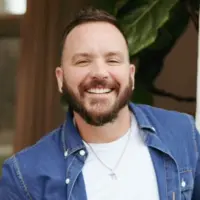
Beck Gee, CADC-II AMFT
CEO
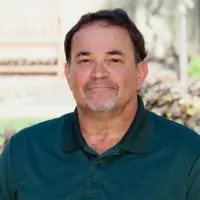
Steve Karp, DO, FACN
Chief Medical Officer
Accreditations

The Joint Commission, formerly known as JCAHO, is a nonprofit organization that accredits rehab organizations and programs. Founded in 1951, the Joint Commision's mission is to improve the quality of patient care and demonstrating the quality of patient care.
Joint Commission Accreditation: Yes
Accreditation Number: 566970

The National Association of Addiction Treatment Providers (NAATP) is a professional association that represents organizations in the field of addiction services. Founded in 1978, NAATP's mission is to advance addiction services and ensure that high-quality addiction treatment is available and accessible.
NAATP Member: Yes
Member ID: 101
Contact Information
8060 Melrose Ave
3rd Floor
Los Angeles, CA 90046




